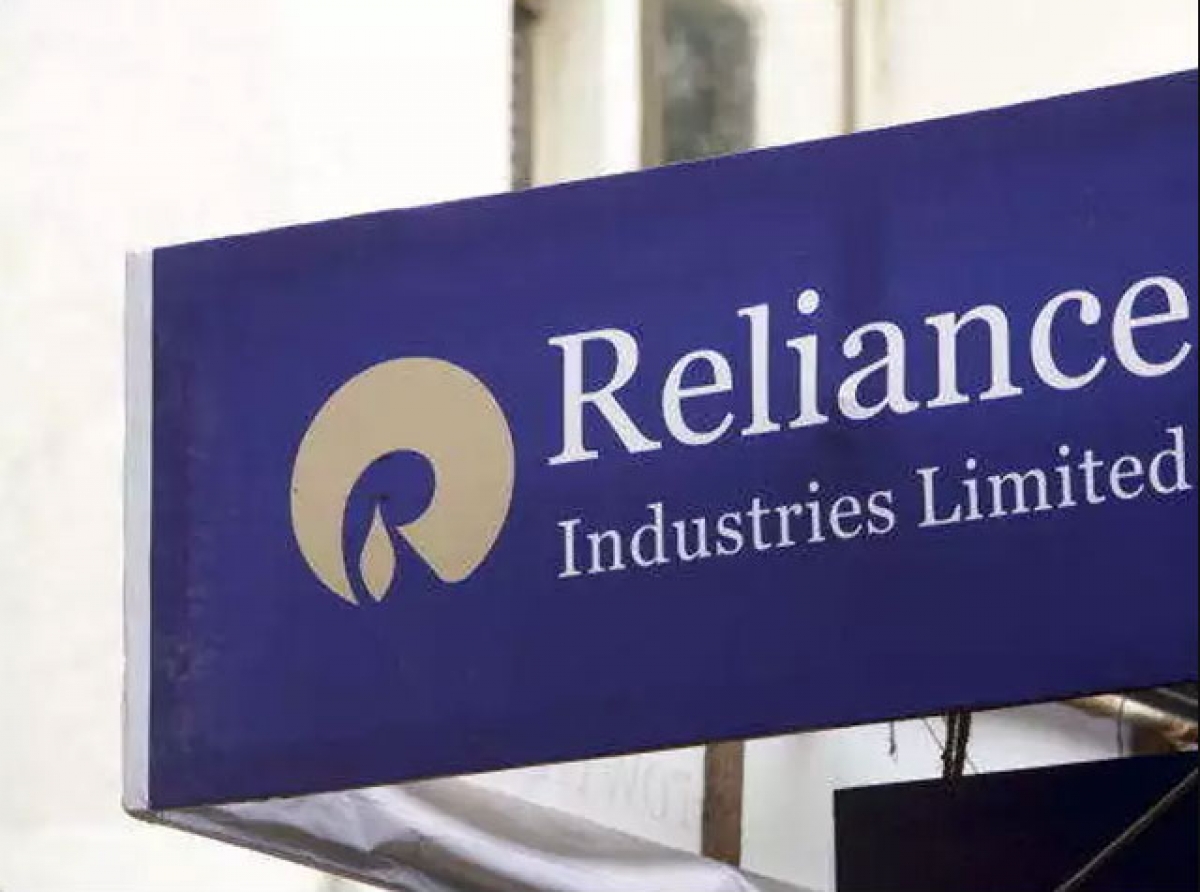Reliance Brands sees surge in demand for luxe products with consumers investing in timeless pieces

People are gravitating towards timeless products, says Darshan Mehta, Managing Director, Reliance Brands, explaining the exponential demand witnessed by them for luxury products. According to him, they are investing in everlasting products like a good leather bag or a shoe or a cashmere jumper. Unlike earlier, even children and elderly consumers are visiting malls now, he told Economic Times adding, recovery from the second COVID-19 wave has been astonishingly better than the first one, though stores in states like Maharashtra remain closed.
To cash in on growing demand, Reliance Brands has introduced distance selling through Zoom, Whatsapp chats and video chats, etc. This helps the company recreate the theatre experience and showcase products lying at the store. Mehta points out, since last year, there is over emphasis on e-commerce. His company is currently experimenting with live streamed commerce for limited edition merchandise. It is also reopening pop-ups besides engaging in cross-selling.
Last week, the company’s high-end store in Ahmedabad tied up with Aditi Dugar, Owner, Sage & Saffron for a pop-up kitchen at a high-end fashion store. The concept saw huge success encouraging the company to repeat the experiment in other cities including Hyderabad and Chandigarh. Reliance Brands’ mainly targets customers trapped between the lockdowns. With premium luxury brands doing exceedingly well, they are planning the launch Spring/Summer ’21 merchandise.
Reliance Brands is also witnessing renewed interest in the kid’s wear category, he says. Kid’s wear brands Mothercare, Hamleys etc are doing extremely well though response for footwear has tepid. Demand in men’s and women’s apparel category is moving towards comfort wear rather than athleisure, Mehta informs.
Small cities leading sales growth
Mumbai and Pune are two of the biggest growth centres for Reliance Brands in India. However, these markets are currently closed and the company’s growth is being led by Delhi followed by Chandigarh. The company also uses the concept of travelling pop up to reach customers in these cities, he informs.
Mehta believes, tapping small town has two benefits. First, the company can operate during weekdays as against metros where shoppers generally buy during weekends. Small town consumers also have more time and higher disposable purchasing power than metros as rents, education costs and overall cost of living is lower than in metros.
Marriage, rising awareness drive luxury apparel demand
Pre-ponement of marriages is leading to a spurt in demand for wedding apparels, says Mehta. Many designers are catering to the growing demand for occasion wear, bridal apparels etc, he adds. Though marginally impacted by the COVID-19 wave, the company’s bridal service suppliers are likely to recover soon as corporate investments in this sector are increasing.
The pandemic has increased consumers’ awareness of environmental sustainability, says Mehta. They are gravitating towards long lasting or timesless fashion. Indian fashion is also becoming younger with growing adoption of sneakers among youth. These factors are also making Indian consumers superior to their global counterparts.
























